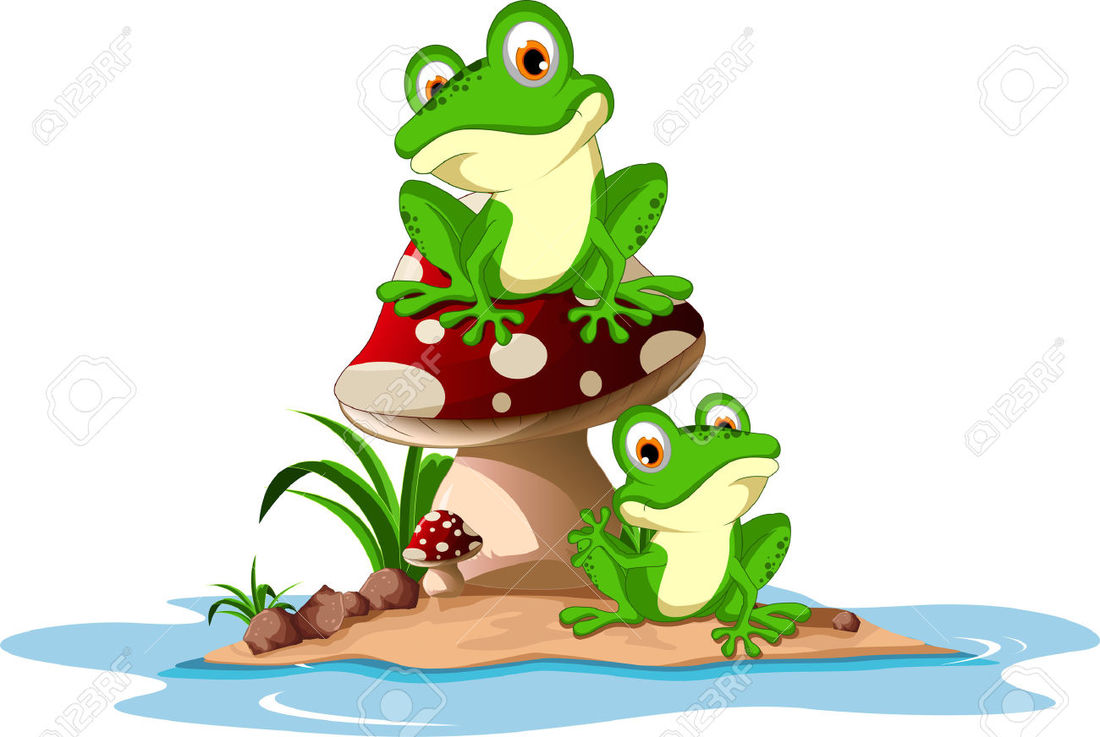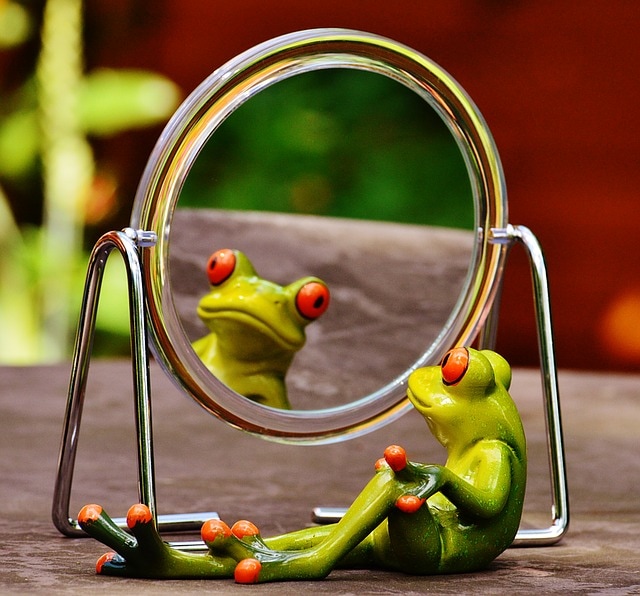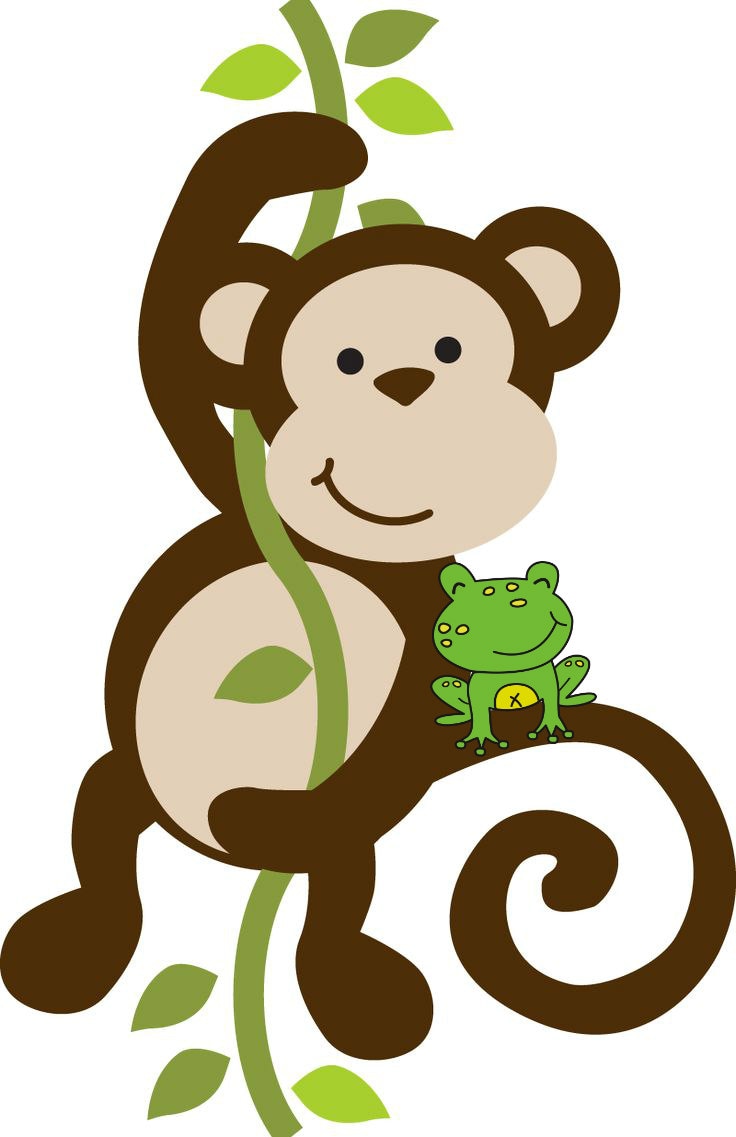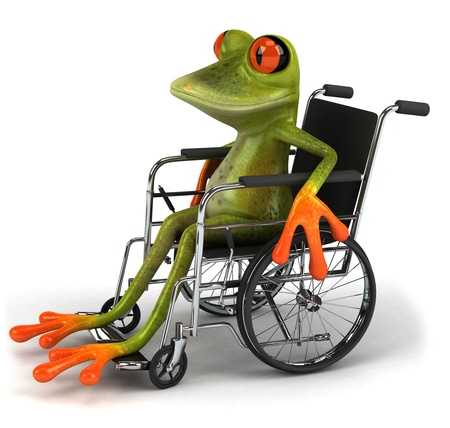As I poured the tea and served the scones, Dharma asked me what would turn out to be a loaded question, "Irwin, do you enjoy learning?" "Of course I do, master! You know that I'm very fond of learning all kinds of things. Why do you ask?" His reply was simple. "If you like to learn then why is, Tadpole, that you don't like learning from your mistakes?" Oops! I think that perhaps I should have answered his first question a little differently.
"For a frog to be old and wise, he must first be young and stupid. All young frogs and young humans, too, like to think they know it all. As it turns out, they really know very little. It's the lessons we all learn as youngsters, my little student, that allows us to grow old and wise. Experience is the best teacher."
And with that, Dharma gave me eight important lessons we can, and should, learn from our past mistakes.
1. Mistakes teach us to clarify what we really want and how we want to live. If we didn't experiment with life when we're young, we'd never know what we want out of like...and what we don't. These mistakes help us to learn more about our true selves and our core values.
2. Mistakes teach us to accept ourselves, warts and all, and still be loved. No one is perfect. The sooner we learn this, the easier life becomes. Learning to accept our mistakes and our flaws help us to grow. We can learn that its OK to screw up and still love ourselves. We learn that even when we make mistakes, and we all do, that we are still lovable.
3. Mistakes teach us to accept our fallibility and face our fears. Sometimes even our best efforts just don't work out. We seemingly do everything just right and yet we fail. Sometimes we fail several times. Facing our mistakes often takes us to that very scary place..that we are not infallible. When we get stuck, and admit that we can't do it alone, that's when the door opens up for others to give us a hand. It can be very hard for young people to admit failure, but when they do, that wise older person...the one who's suffered the very same setback, comes along with answers. We learn. We grow. We help others.
4. Mistakes teach us about ourselves and how to tell our truth. How often, when we do make a mistake, do we want to cover it up, hide, it, or erase it from memory? All the time, right? We are embarrassed by our failures. Being honest about our limitations offers us the opportunity to tell the truth. Admitting these painful truths allows us to expand our knowledge of self - to learn more about who we really are. This increases our capacity to change. And when we can admit our failures, mistakes, and limitations to others...to let them see who we really are...we can move towards letting go of our crippling embarrassment, guilt, shame, and blame so that we can concentrate learning and growing.
5. Mistakes teach us what works...and what doesn't. Mistakes are a reality check. When we experience the consequences of a mistake, we receive a clear message about which of our efforts are working, and which ones are not. Often, we can trace our mistakes to reoccurring patterns of behaviors and beliefs, thus giving us the opportunity to change these habits. Sometimes, when we do, we may find that other areas of our life improve, too! It can be helpful to ask ourselves, after a mistake has happened, "What can I learn from this experience? How will I be different in future?"
6. Mistakes teach us to take responsibility. It can be an instinctive reaction to say, "It wasn't my fault" or "I didn't do it" when we do something wrong. Kids say these things all the time. Believe it or not, it can be empowering to take responsibility for our role in the mistake. No one said said that taking responsibility for a failure was going to be fun. It isn't. But we can learn that our choices and actions have a huge influence on the quality of our daily lives.
7. Mistakes teach us about integrity. Breaking promises, over-committing, agreeing just to avoid conflict, and failing to fully listen are often the reasons that mistakes happen. Big mistakes often start off as small errors. Over time, these tiny choices that run against our values and goals, can accumulate into breakdowns. If we pay attention to our choices, even the small ones, we can avoid running into trouble down the line.
8. Mistakes teach us to engage fully in our lives. We are more than our mistakes. Remember, too, that our past does not have to predict our future. Many humans, when faced with a big mistake, tend to withdraw and pull away. Instead, we can view these mistakes as evidence that we are growing, changing, evolving. They help us stretch to meet our full potential. Having others around us, in times of trouble, can sometimes help to give us that boost of confidence we need to continue onward. Hiding our head in the proverbial sand won't help a thing. Mistakes don't equate defeat. Mistakes remind us that we are not content to always "play it safe." There are often few rewards without taking a few risks.
As the Dharma Frog pointed out to me, we can learn and grow from our mistakes. We might even inspire others who are having difficulty. If you are a parent, then you know how valuable it is to teach your kids that it's OK to fail and to let them see your failures and mistakes. They learn from watching you. Children aren't born old and wise. They are born young and without experience. Growing up, falling down and getting, learning from their mistakes are all part of life. These experiences are what make us, if we're lucky to live long enough, to be considered by others as old and wise. Think of mistakes as gifts; ones we don't want at first, but ones we will consider priceless in years to come.










 RSS Feed
RSS Feed